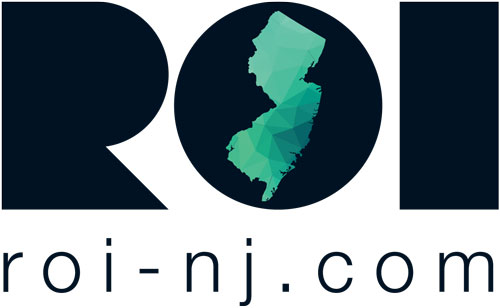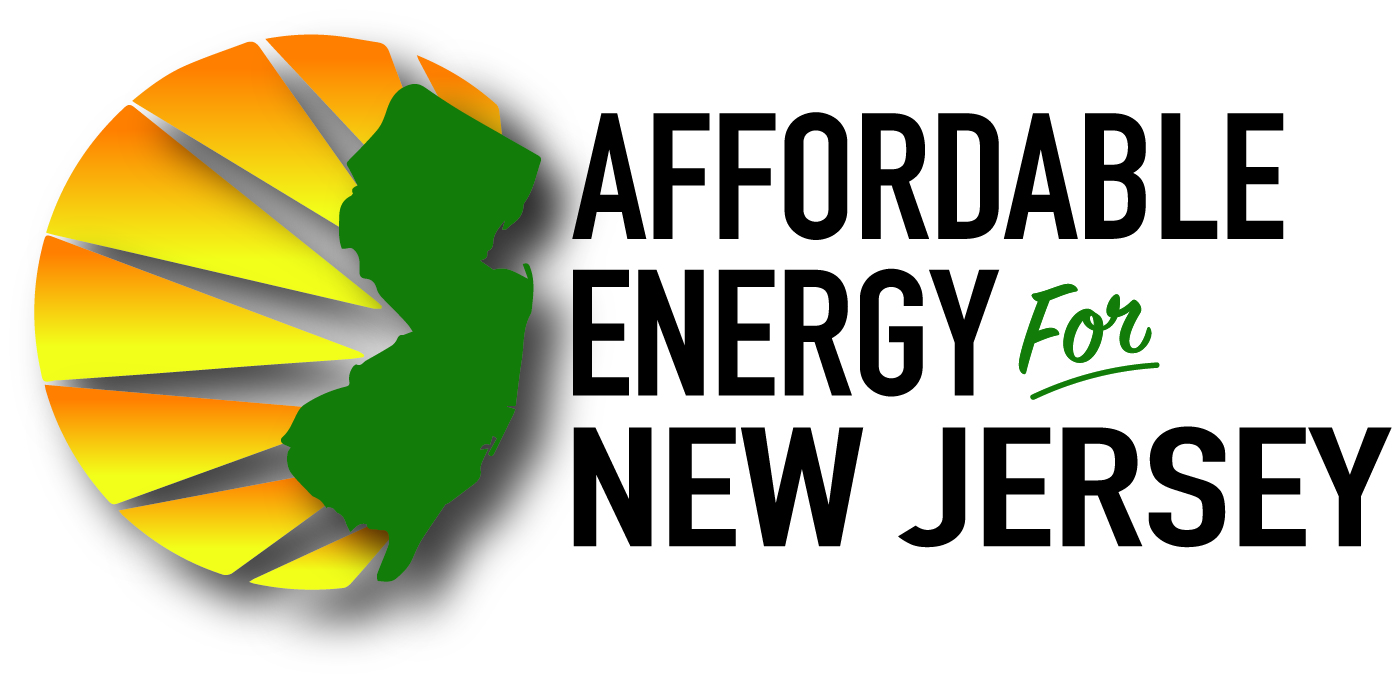 The bottom line is, New Jersey residents want to be cooking with gas — according to the results of a poll that were issued recently by the Engineers Labor-Employer Cooperative 825. And the organization made it clear it supports voters’ stance.
The bottom line is, New Jersey residents want to be cooking with gas — according to the results of a poll that were issued recently by the Engineers Labor-Employer Cooperative 825. And the organization made it clear it supports voters’ stance.
With anticipation growing for the state’s finalized Energy Master Plan, ELEC825 this week released the results of a statewide poll conducted recently and based on the draft plan issued by the Board of Public Utilities in June.
The biggest issue appears to be state mandates included in the draft EMP, including a potential blocking of the use of natural gas in homes and businesses. A vast majority of respondents, 67%, disapproved of such a requirement.
“Our polling shows one clear and undeniable fact — New Jersey residents want clean, affordable and reliable natural gas,” Greg Lalevee, the business manager for IUOE Local 825 and chairman of ELEC825, said in a prepared statement. “If next week’s Energy Master Plan includes a moratorium or complete phase-out of natural gas, it will be at complete odds with the voters of New Jersey.”
When asked if they could support a ban on natural gas if it were coupled with an “environmentally friendly” electric power requirement, the gap narrowed a bit, but a majority — 55% — continued to oppose such a ban.
More than 80% of respondents, in fact, had a favorable view of natural gas as a power source, with 82% saying they had a favorable opinion of gas, and 85% saying they support its use in energy generation.
“New Jerseyans made their opinion very clear: They want access to affordable, reliable and clean natural gas,” Mark Longo, director of ELEC825, said in a statement. “While there’s nothing wrong with the state being ambitious, we also need to be realistic. The economic reality is that a potential phasing out of natural gas from New Jersey’s energy mix will add to the economic burdens of our hardworking middle-class families, raise the cost of homeownership and put a strain on business.”
McLaughlin & Associates conducted the statewide survey of New Jersey voters in November.
Jerseyans are clearly unfamiliar with the EMP, the survey found, with 72% saying they don’t know about it while 15% approved of it and 13% disapproved. Voters were fairly split when the concept was laid out for them, with 48% approving of the plan and 46% disapproving. When differences of opinion were further explained, the split remained narrow, with 43% calling it a good plan and 45% calling it a bad one.
But respondents were fundamentally opposed to several of the concepts it contains, such as increased regulation and the potential for subsequently increased costs of living.
More than 71%, for instance, said they would be less likely to vote for a Legislature candidate who voted to increase consumers’ energy and utility costs by 30%.
“Through this poll, respondents tell us that they’re willing to vote out anyone who seeks to eliminate their access to natural gas through a government mandate, since it only will increase the price of energy for families and businesses large and small across New Jersey,” Lalevee said.
And a majority 54% supported a free-market economic concept for energy, as opposed to 38% who favored state regulation. Similarly, 75% agreed that the state should allow residents to choose their power source.
“We encourage our political leaders in Trenton to get on board with the voters who elected them,” Longo said.
The survey of approximately 500 likely general election voters was conducted by telephone in November. The survey has a margin of error of +/-4.5%, New York-based McLaughlin & Associates said.
